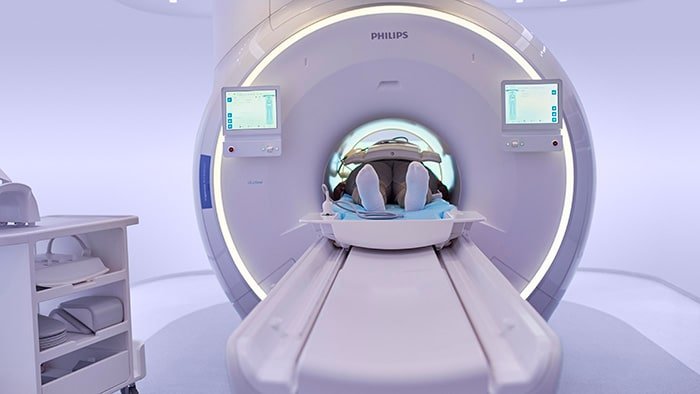Quick Overview
Royal Philips and Mayo Clinic have initiated a research partnership aimed at improving MRI technology for cardiac applications. This collaboration seeks to utilize artificial intelligence (AI) to enhance operational efficiency, reduce the duration of complex MRI exams, and streamline workflows for radiologists.
Key Objectives and Benefits
- Improved Patient Experience: Cardiac MRI exams can be lengthy and stressful for patients, particularly those with claustrophobia or difficulty remaining still. The integration of AI aims to make these procedures more comfortable and efficient.
- Enhanced Workflow: By leveraging AI throughout the MRI process, the collaboration intends to alleviate the workload on healthcare professionals, addressing the current shortage of trained staff.
- Broader Access: The research will explore the use of lower-field-strength MRI systems, which could be installed in more locations and provide safer options for patients with certain implants.
Addressing Ischemic Heart Disease
Ischemic heart disease remains the leading cause of death globally, responsible for 13% of all fatalities. In the U.S., the financial burden associated with this condition was estimated at $252.2 billion in 2021. While CT scans are commonly used for heart imaging, MRI is crucial for diagnosing congenital heart disease and other heart muscle conditions. However, high costs and limited availability often restrict access to quality MRI services.
AI Integration in Cardiac MRI
- The collaboration will combine Mayo Clinic’s proprietary AI technology with Philips’ existing AI-driven solutions.
- This integration aims to reduce MRI scan times and improve the efficiency of the imaging process, allowing even less experienced radiographers to perform complex cardiac MRI exams successfully.
Expanding MRI Access
Approximately 3.9% of the U.S. population has metallic orthopedic or cardiac implants, which often limits their access to MRI scans due to safety concerns. The research will assess how lower-field-strength MRI solutions can benefit these patients, with estimates suggesting that 50% to 75% of those with cardiac implants could benefit from such technology during their treatment journey.
Philips’ Commitment to Sustainable MRI Technology
Philips is recognized for its innovative BlueSeal magnet technology, which allows for helium-free MRI operations. Since 2018, the company has saved nearly 2.75 million liters of helium across over 1,500 installations worldwide.
About Royal Philips
Royal Philips is a leading health technology company dedicated to improving health and well-being through meaningful innovation. The company focuses on patient-centric solutions and employs approximately 69,300 people, generating sales of EUR 18.2 billion in 2023.
